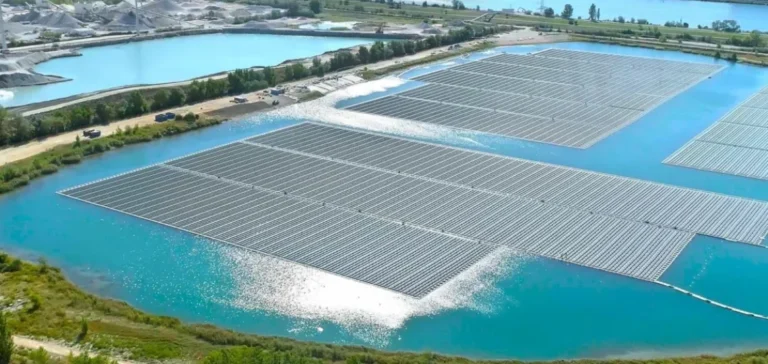Facing steadily increasing energy demand and growing technical challenges on its existing network, Mauritius has launched an international tender for the construction of a floating power plant, known as a “Powership.” This facility must provide an estimated production capacity of approximately 100 megawatts (MW) and will be fueled by heavy fuel oil. The Mauritian government’s goal is to achieve effective commissioning by early January 2026 at the latest. The tender is open to international bidders until August 2025, with an initial contract duration of five years.
Local Energy Context
Mauritius’s electricity network regularly faces outages due to the aging thermal production equipment, predominantly powered by heavy fuel oil plants. These disruptions particularly affect the main island, Mauritius, where the majority of the country’s economic and industrial activities are concentrated. Floating power plants, also known as “powerships,” represent a quick-to-implement solution, capable of connecting to the existing electrical grid within a relatively short timeframe. This technology is employed in several developing countries where traditional infrastructure struggles to meet rising demand.
Mauritius currently relies on oil imports for approximately 80% of its energy supply, making the country particularly vulnerable to fluctuations in international hydrocarbon prices. The future floating power plant will be anchored near the capital, Port Louis, thus facilitating rapid connection to the national grid while minimizing the additional costs associated with terrestrial infrastructure. This plant is seen as a temporary solution to current constraints, pending longer-term developments in other energy sources.
Medium-Term Alternatives Being Considered
Alongside this initiative, the Central Electricity Board (CEB), the national electricity company in Mauritius, is exploring medium-term solutions such as installing a Floating Storage and Regasification Unit (FSRU). This unit would enable the import of Liquefied Natural Gas (LNG), a resource seen as more stable in terms of costs and less polluting compared to the heavy fuel oil currently used. Several technical and financial studies are underway to evaluate the feasibility of such an installation.
Diversifying the energy mix is a major strategic challenge for the country, in a context characterized by strong demographic and economic growth. Indeed, the Mauritian national electricity grid currently faces demand growing at an average rate of 3 to 4% annually, a situation requiring regular investment to guarantee energy security. Alongside hydrocarbon-based solutions, Mauritius is developing pilot projects in other energy fields to reinforce its autonomy over the longer term.






















